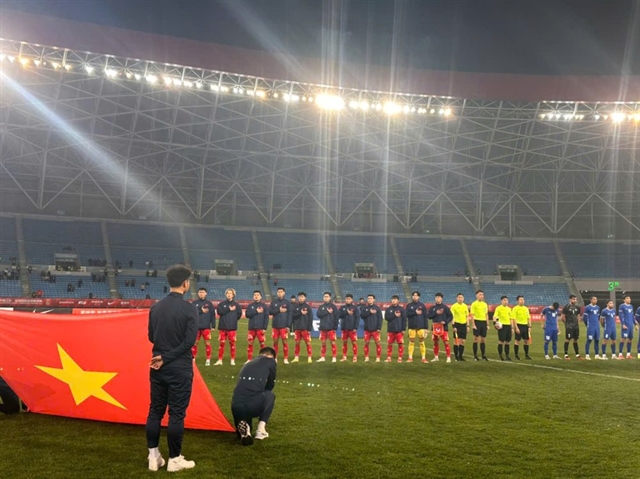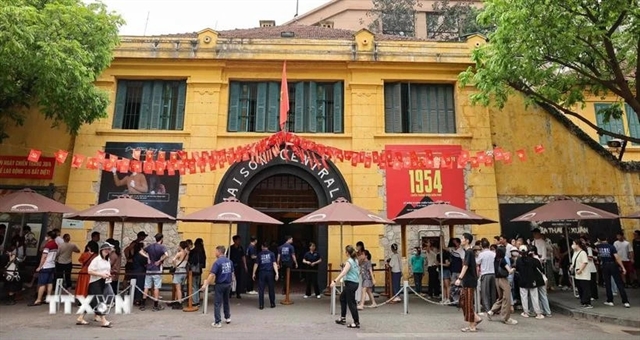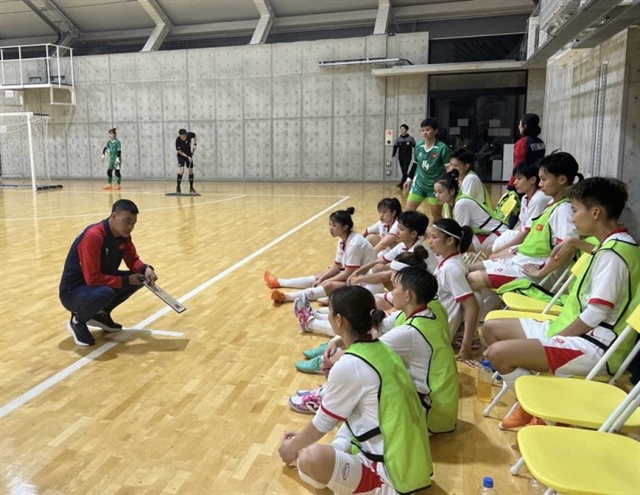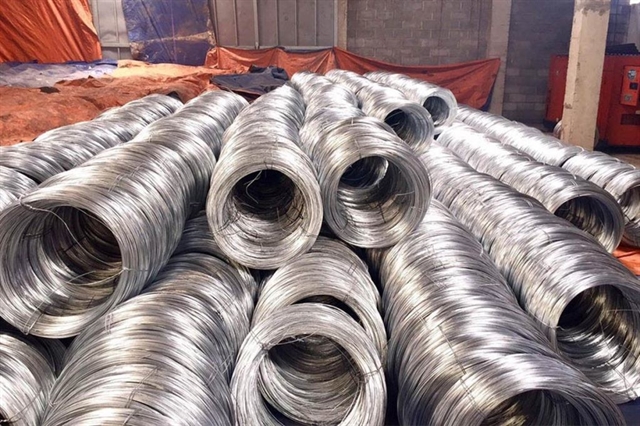 Society
Society

Việt
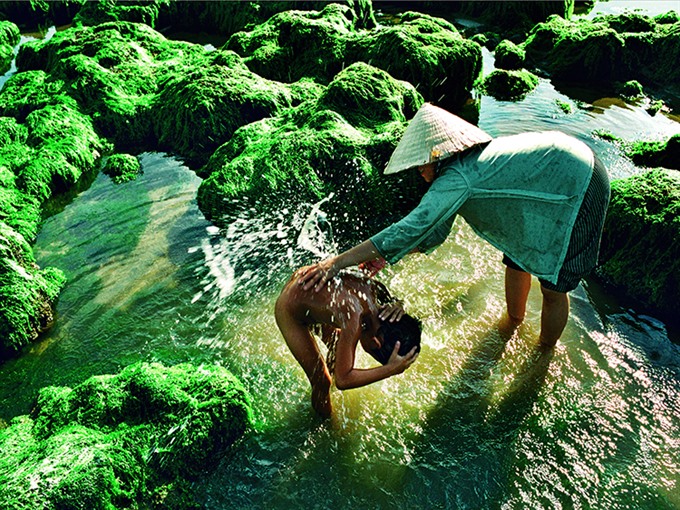 |
| Việt Nam must exploit its water resources more efficiently if it is to ensure the remaining 4.5 million local people without tap water gain access, while at the same time the growing population and economy put additional strain on water capacity.— Photo vwsa.org.vn |
HÀ NỘI — Việt
This was one of major topics discussed during Việt Nam International Water Week 2018, taking place between March 4 and 8 in Hà Nội, with the participation of over 300 international and domestic delegates.
The week, an annual event, was organised by the Ministry of Natural Resources and Environment to find out possible solutions to sustainably manage water resources in Việt
Speaking at the plenary session of the week, held on Sunday, Deputy Minister Trần Quý Kiên said that effectively using water resources to serve socio-economic development was already listed among the Government’s top priorities for the past few years.
However, it should consider allowing private sector actors to participate in protecting and supplying the water resources to support effective water usage, he said.
Tống Ngọc Thanh, head of the ministry’s
Kamal Malhotra, United Nations Resident Coordinator in Việt
The UN, in co-operation with the Government of Việt
Although the Government has made such plans mandatory, enforcement was weak and supplier activities were not always coordinated, he said.
If current trends persist, water quality in Việt
The world needs more water
Data from the ministry showed that the total amount of water exploited in the world steadily rises about 1 per cent each year, worsening water shortages in many countries.
It is estimated that about 780 million people worldwide fail to access to tap water while both surface and underground water are declining year after year in the world, the ministry said.
Additionally, a report of the United Nations Development Programme warns that as the world’s population grows to an expected 9 billion by 2050, more groundwater will be needed for farming, industry and personal consumption. The report predicts global water demand will increase 55 percent by 2050.
In the meantime, the Organisation for Economic Co-operation and Development estimates that without new policies, by 2050 more than 40 per cent of the global population will live “in river basins experiencing severe water stress.” — VNS

